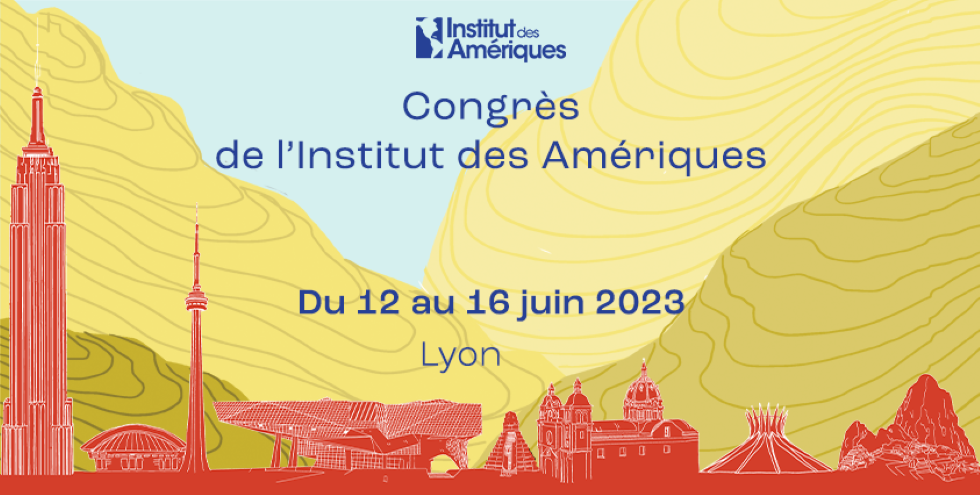
Round tables > International relations in the Caribbean: history, recent evolution and perspectivesInternational relations in the Caribbean: history, recent evolution and perspectives Tuesday 13 June, 13:30 - 15:30 MILC, S308 Organisation : Helène Harter (SIRICE, Université de Paris 1 Panthéon-Sorbonne) and Carlos Quenan (IHEAL-CREDA, Université Sorbonne Nouvelle) Speakers : Smith Augustin (Université de Laval, ex-Ambassadeur d’Haïti en République Dominicaine), Claire Guillemin (Funglode, Pôle Caraïbe de l’Institut des Amériques), Jean Jeune (Commission Mixte Haitiano-Dominicaine, MAE, République d’Haïti), Julio Ortega (Comisión Mixta Dominico-Haitiana, MRE, República Dominicana), Gonzalo Paz (Georgetown University), Jean-François Ponsot (Université de Grenoble) and Antonio Romero (Cátedra del Caribe, Universidad de La Habana) Modération : Helène Harter (SIRICE, Université de Paris 1 Panthéon-Sorbonne) et Carlos Quenan (IHEAL-CREDA, Université Sorbonne Nouvelle) Presentation Culturally marked by the West's colonisation and the aftermath of indigenous and Afro-descendant populations, the Caribbean region is, like the Mediterranean, an interface between several worlds and a space that has historically been under the influence of Europe and the United States. But in recent decades, new dynamics and actors have emerged in this region: the growing presence of China, of course, but also the persistent links with the United States and Europe. China's growing presence, of course, but also the persistent links with Russia and the establishment of South American countries such as Brazil or extra-regional emerging powers such as India or South Korea. In this context, this roundtable seeks to identify and analyse the different dimensions (economic, geopolitical dimensions (economic, geopolitical, cultural, migratory, etc.) of international relations in the Caribbean region, taking into account its historical roots. |

